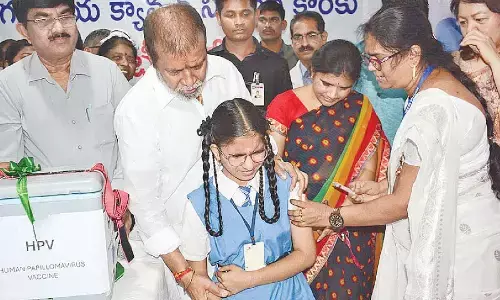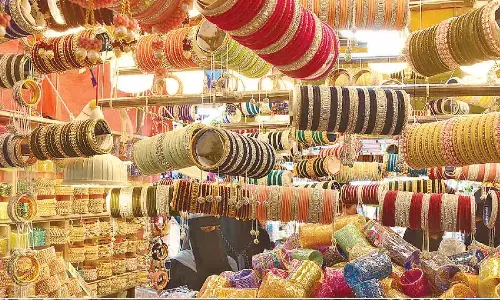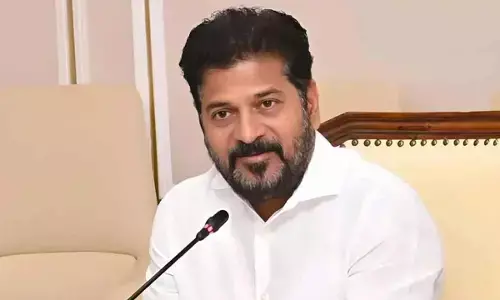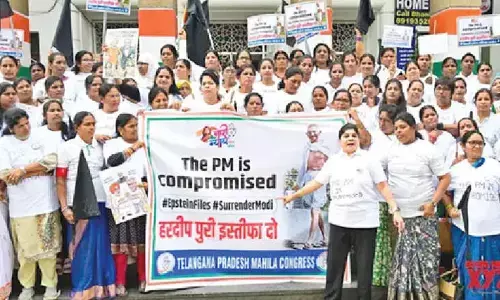Pay Women More Than Men
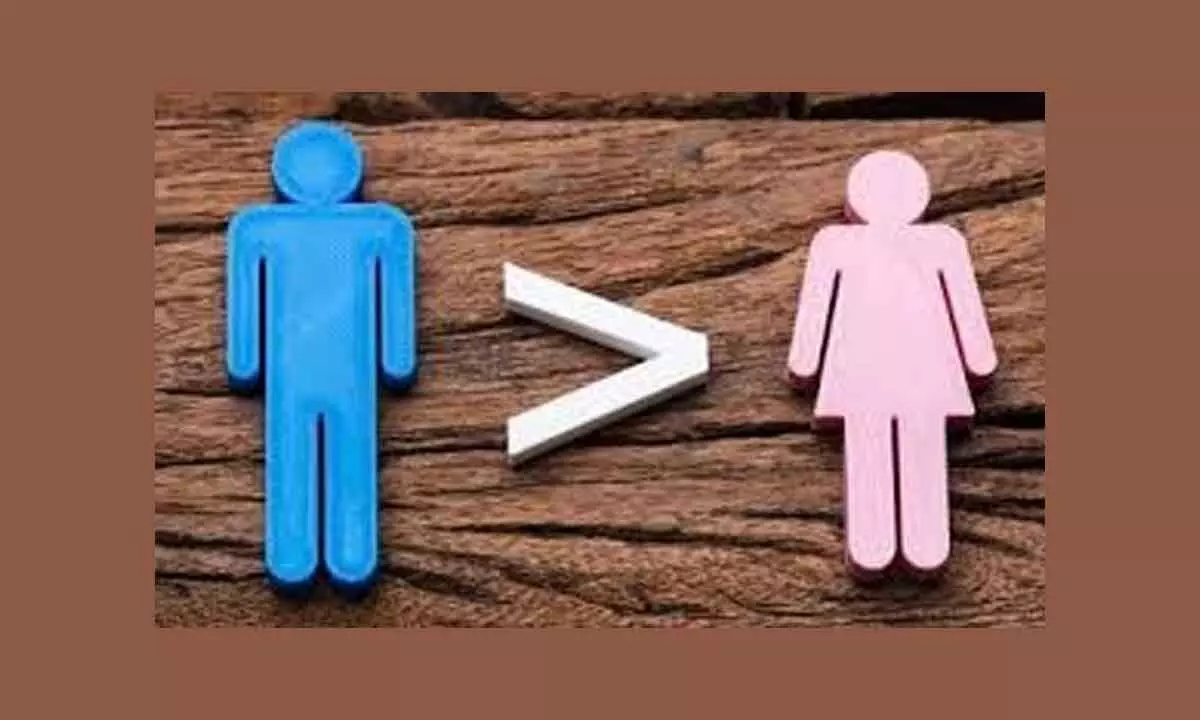
Manipulative aura surrounding the concept of equality makes intelligentsia overlook structural disparities
Obviously, the demand raises a question as to who should pay for the domestic services rendered by women. Should it be paid by their male counterparts? or the employers? or the state? To be precise, the onus rests upon the employers and the modern state. Going by the ruthless nature of capitalist empire and its innate nature of leaving no stone unturned in maximising the profits and the automation wave, the capitalist empire can find alternative paths to deride this mandate. So, it is on the part of the modern state to safeguard this initiative by enacting an act or a rule to this effect
If there are people who vouch for equal pay for women on par with men, they either belong to the category of imbeciles or economic illiterates. Why should men and women be paid equally? Are women as powerful as men? Are women as intelligent as men? Are women as hardworking as men? Are they as accommodative and adaptive as men? Before ferreting out the answers, let us discuss about the issue of gender inequality from the economic lens.
The prevailing discourse around gender equality deals with providing fair space across all walks of life to both men and women to avail of opportunities or achieve their personal goals. Though it may sound good given the astonishing, yet manipulative, narrative developed by the capitalist state, it conceals the inherent discrepancies that largely go unnoticed. Challenging the existing notion of equality would be treated as a great sin. It is this manipulative aura surrounding the concept of equality that makes intelligentsia overlook the structural disparities.
Academics, literature and popular media such as movies and soap operas are being used as channels to promote the patriarchal interests. Since the advent of civilization, the society has been fractured along the lines such as ruled-rulers, rich-poor, master-slaves and so forth, thanks to the establishment of an entity called state. While these divisions speak about the societal fault lines as a whole, the gender divide speaks about the asymmetrical relation between the men and the women at the individual, social, political, economic and cultural domains. The watershed moments in human history such as invention of fire, settled agriculture, pottery and others defined the roles of women; likewise, the duties of men in the then times. The masculine face of the state and its totalitarian character which is based on violence and oppression degraded the status of women to the level of domestic pets.
What is called as ‘division of labour’ in the early days of civilization gradually turned into a nefarious scheme to subdue and exploit women, thanks to the political authority. Patriarchal state complemented by religious institutions curtailed women’s natural abilities and rights. It is the patriarchal nature of the state that has transferred the decision-making power from the hands of women to men. Predominance of men in every walk of life in addition to stigmatized environment around women made them secondary citizens in the societal structure. In addition to these venomous stings that the society has been inflicting on women, the social parameters like lack of education, health and safety added to the plight of women.
Contrary to the popular perception, the institution of marriage is not a natural construct but a mechanism created by the patriarchal political authority to subvert women and clip the natural freedom of women. Though this may sound anarchical, the motive behind the institutional construct called marriage cannot be denied. The capitalist structure carefully uses the ultra-conservative attributes around the marriage like sanctity, holy, definitive, inevitable and so forth to promote its interests.
Though 20th century feminist movements infused the much-needed impetus to the women cause, they failed to address the societal distortions, ingrained men-women asymmetry and gender parities. It appears that though the women movements were successful in countering the surface elements like voting rights, pregnancy rights and others, the feminist movements lagged behind in attacking the very foundation of inequality.
Ever since the women started getting into formal work culture, they have been tasked with the dual responsibilities. On the one hand, they have to fulfil their professional requirements and on the other hand, they need to perform household obligations. It is worth mentioning here that working women deserve pay not on par with or equal to men but more than them. At a time when monetary factor is playing a substantial role in deciding the social status of an individual, it is apodictic to evaluate the economic value of housework done by women.
Obviously, the demand raises a question that who should pay for the domestic services rendered by women. Should it be paid by their male counterparts? or the employers? or the state? To be precise, the onus rests upon the employers and the modern state. Since the modern capitalist structure needs workforce to sustain its growth momentum, it cannot deny the female workforce at any cost even if the working women are obliged or empowered to be paid more than that of men.
Going by the ruthless nature of capitalist empire and its innate nature of leaving no stone unturned in maximising the profits and the automation wave, the capitalist empire can find alternative paths to deride this mandate. So, it is on the part of the modern state to safeguard this initiative by enacting an act or a rule to this effect. When it comes to women who are dedicating their lives for the well-being of their families without taking part in any formal or unorganised work, the government has to empower them by providing basic income every month.
The financial empowerment will act as a great leveller on the part of women to have a say or voice in decision-making.
At a time when the progressive politics and social movements have taken a back seat, the responsibility lies in the hands of civil society organisations and social media pressure groups given the widespread penetration of internet to carry forward this agenda. Half-minded feminists, wicked liberals and crooked intellectuals who are being carried away by the propaganda of capitalist literature hail themselves as flag-bearers of women cause. But they omit the efforts to root out the artificial social or economic construct which is leading to the gender disparity. In the Indian context, though the reformist movements like widow re-marriage, abolition of sati and child marriages brought about a few changes in women’s lives, the social status of women in household in specific and in society as a whole has not changed, which implies the social status of life is very much intertwined with economic profile of the women. To this effect, it is important to bring the wholesome change by paying the working women more than that of men.
With the decline of socialist movements across the world and the fall of policy-based politics in addition to the fall of social capital, it is preposterous to expect massive transformation in the social profile of women in a short span of time. Yet, the demand creates the pressure on the state and gives a major fillip to the core issues that are centered around women.
(Writer is a columnist on global affairs, trade and social issues, and Director, Samudrala VK IAS Academy)





